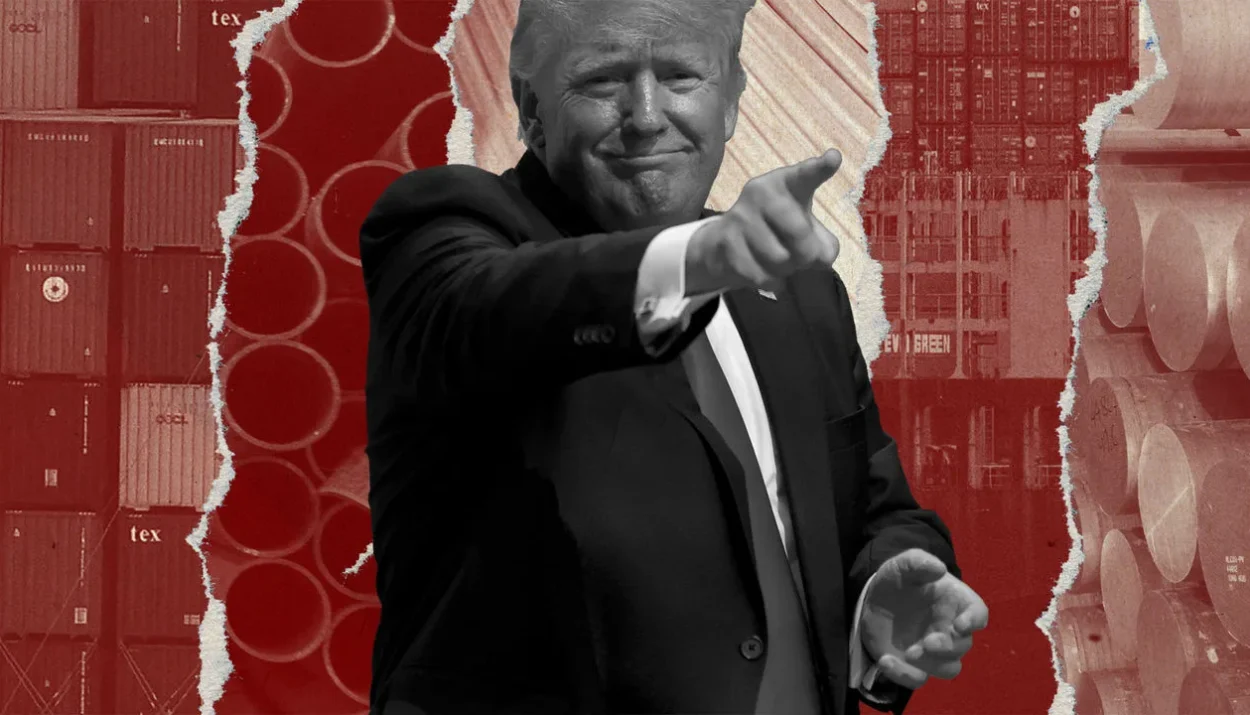Donald Trump’s proposed universal tariffs could reshape the business landscape by favouring large corporations over smaller ones. This strategy raises concerns among small business owners about unequal treatment and challenges in navigating the proposed tariffs.
- Trump’s Tariff Strategy:
- Trump has proposed universal tariffs of potentially 10%, 20%, or even 50%, causing unease among small business owners.
- He mentioned that “exceptions” would be available, hinting that influential companies might negotiate their way out of these tariffs.
- Impact on Small Businesses:
- Small business owner Tina Wells expressed concerns that small entities like hers are overlooked in favour of giants like Apple.
- Past experiences during Trump’s previous term involved significant losses for Wells due to unavoidable tariffs.
- Political and Business Dynamics:
- Trump’s relationship with big business, exemplified by his anecdotes about Apple CEO Tim Cook, suggests a disparity in influence and access to tariff exemptions.
- Smaller companies lack the political clout to negotiate similar terms, potentially facing harsher impacts.
- Broader Economic Implications:
- Wendy Edelberg from the Brookings Institution indicated that tariff exceptions are often influenced more by political considerations than merit.
- The potential for a deep round of tariffs in 2025 could exacerbate challenges for small businesses.
- Campaign and Political Responses:
- The Trump campaign has defended the tariff strategy as beneficial for American workers, dismissing criticisms from the Biden-Harris administration.
- Trump’s narrative focuses on big business interactions, with little clarity on how smaller businesses will navigate the proposed tariff landscape.
Trump’s tariff proposals could significantly advantage large corporations with direct lines to the presidency, potentially marginalizing smaller businesses. As the political and economic debates unfold, small businesses are left uncertain about their standing in a Trump-led policy environment. This situation highlights the need for clearer, more inclusive trade policies that consider the broad spectrum of American business.










